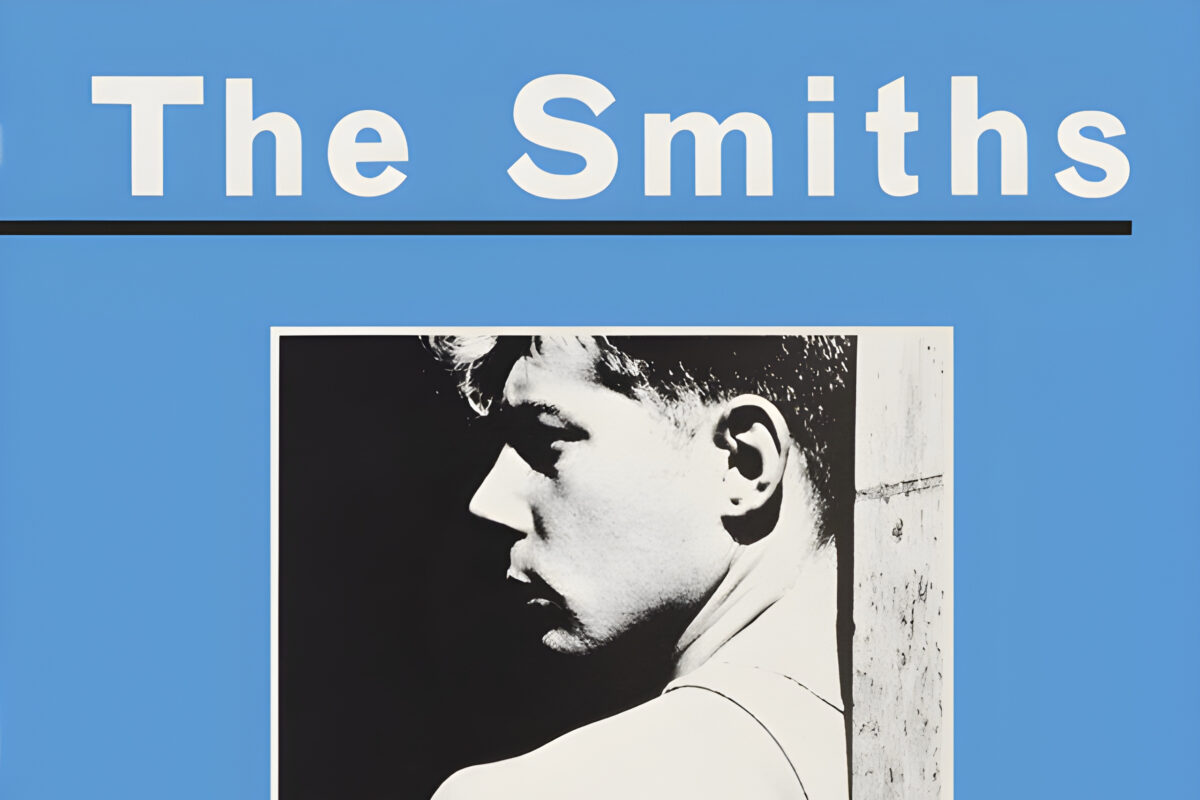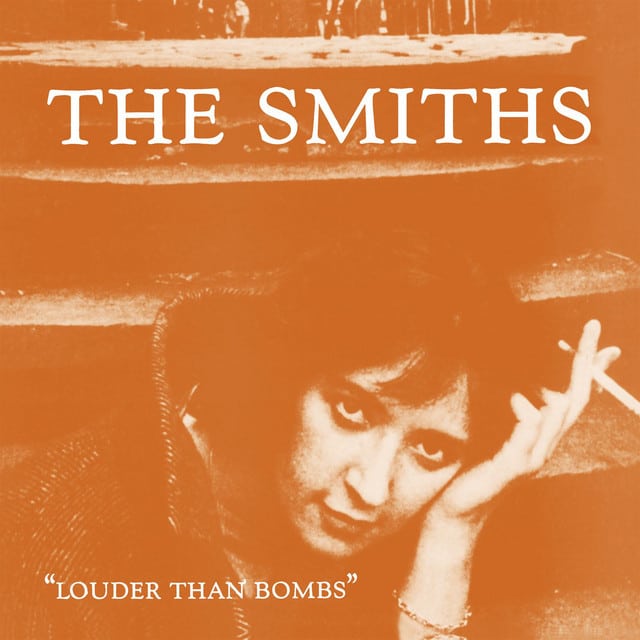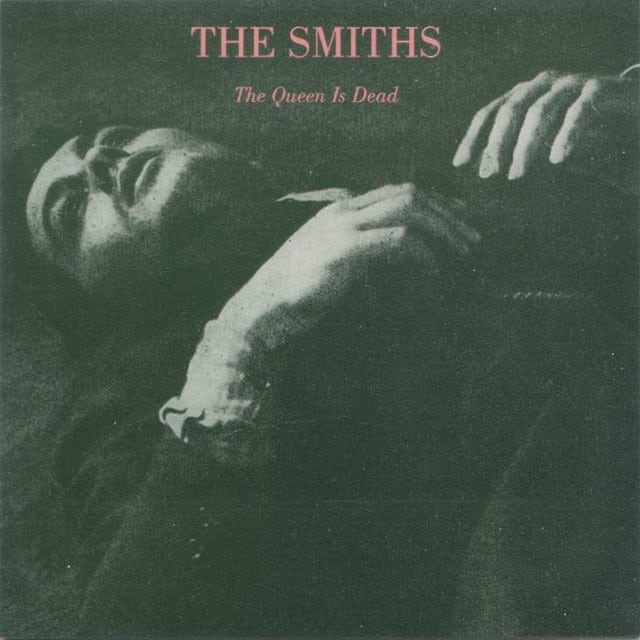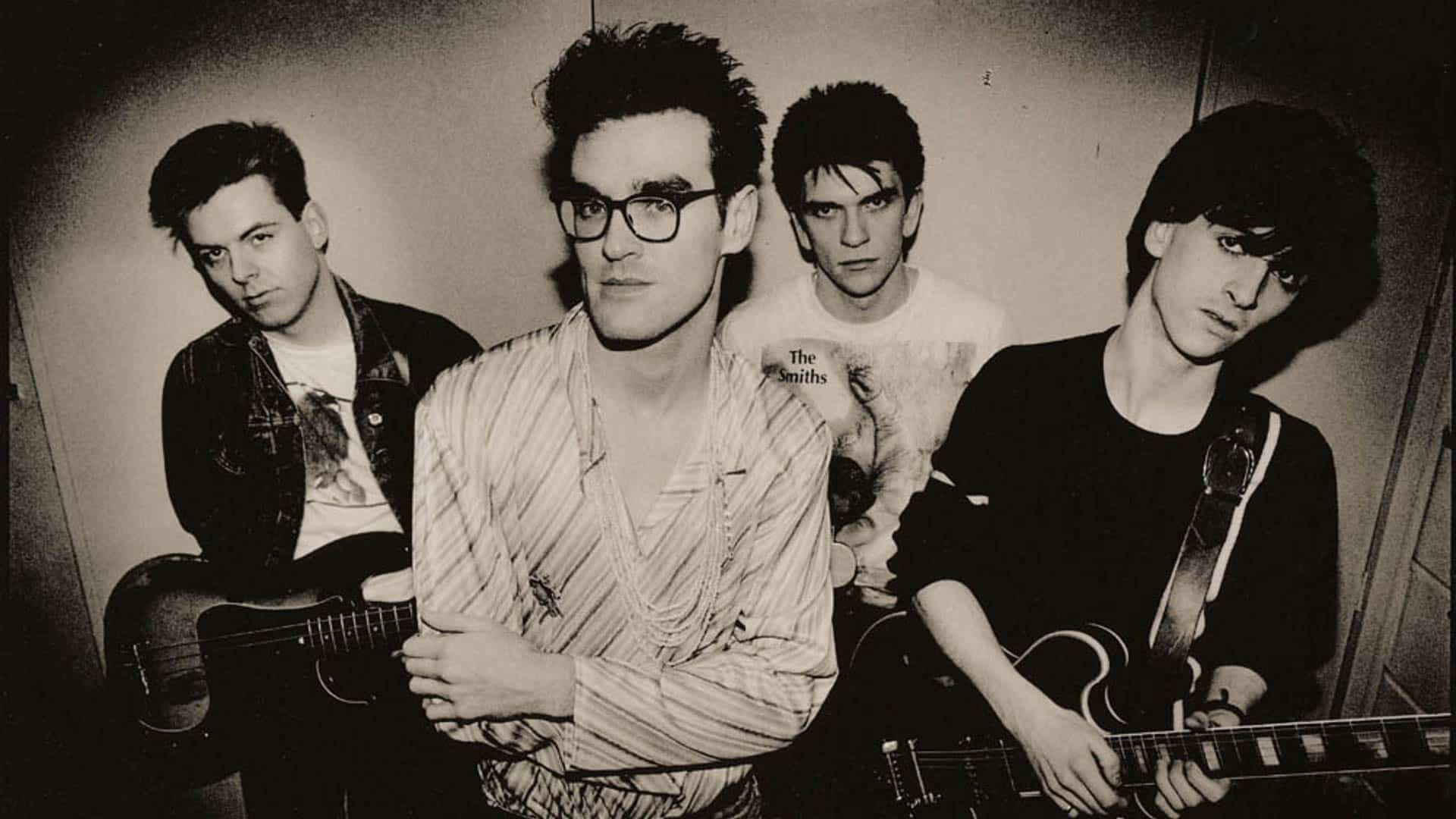Released: 1984
The Smiths’ ‘Heaven Knows I’m Miserable Now’ is a quintessential post-punk anthem that encapsulates the melancholy and disillusionment of the 1980s. It’s a song about dissatisfaction with life, work, and relationships, and the sense of despair that can come from feeling unappreciated and undervalued.
The opening lines, ‘I was happy in the haze of a drunken hour / But Heaven knows, I’m miserable now’ set the tone for the song. It’s a clear expression of the singer’s disillusionment. The ‘haze of a drunken hour’ refers to the temporary escape from reality that alcohol provides, but the subsequent misery suggests that this escape is fleeting and ultimately unsatisfying.
The repeated line, ‘I was looking for a job and then I found a job / And Heaven knows, I’m miserable now’ speaks to the monotony and dissatisfaction of working life. The singer’s unhappiness persists despite finding employment, suggesting that the job itself is not fulfilling or meaningful.
The question, ‘In my life, why do I give valuable time / To people who don’t care if I live or die?’ reflects a sense of alienation and emotional neglect. The singer feels that he is wasting his time on people who do not value him or his well-being.
The line, ‘What she asked of me at the end of the day / Caligula would have blushed’ is a historical reference to the infamous Roman emperor known for his debauchery and excess. This suggests that the singer feels overburdened or exploited in his personal relationships.
The song concludes with the lines, ‘In my life, oh, why do I give valuable time / To people who don’t care if I live or die?’ reiterating the singer’s feelings of despair and alienation. It’s a powerful ending that underscores the song’s themes of dissatisfaction and disillusionment.








